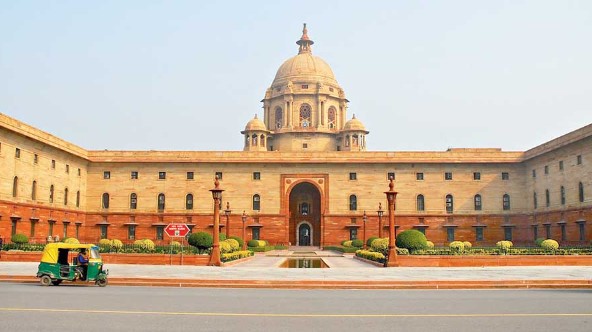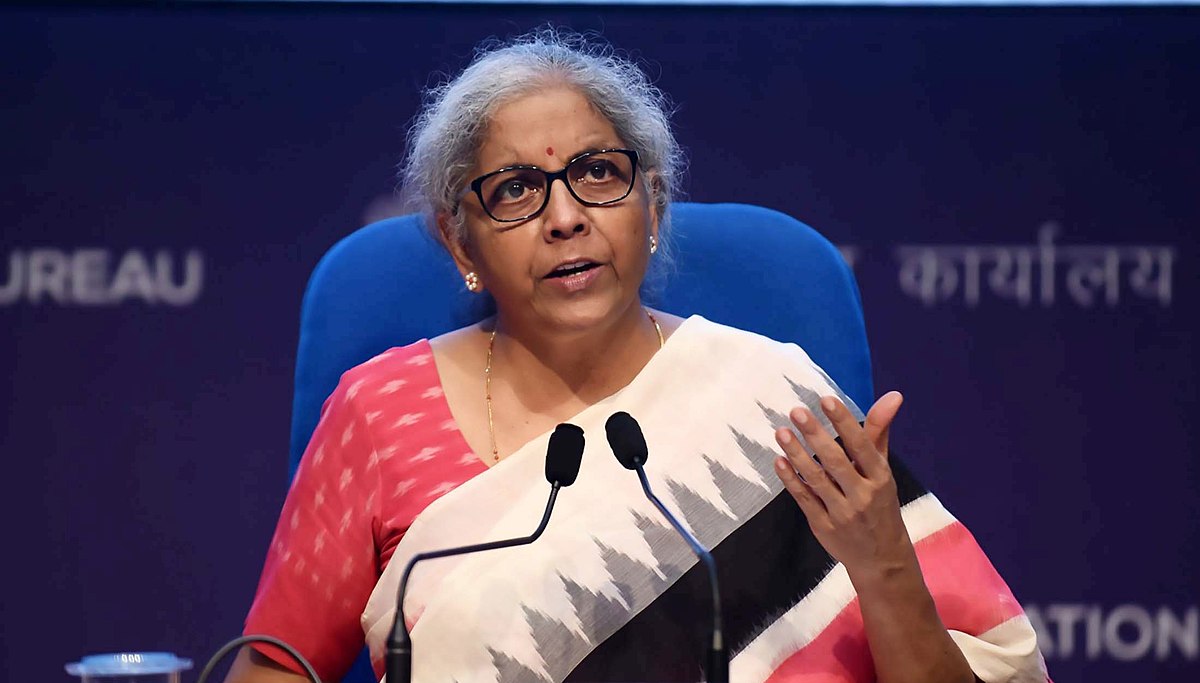
A change in course of finance ministry
- October 10, 2024
- 0
The Union Budget, 2024-25 signals at least three important fields, that the finance ministry is listening to advice and changing the direction of policy.
The first shift might be in trade and tariff policy. Since at least 2016, Union Budgets have had an overtly protectionist tone. Tariffs have been raised across the board, and we seemed to have returned to an era in which Budget would tinker with tariffs at the request or insistence of various interest groups and domestic industries. This not only incentivises rent-seeking and raises costs for domestic consumers, but it also means that Indian companies struggle to enter global value chains.
There may be signs in this Budget that this kneejerk protectionism is coming to an end. There was a subtle shift in rhetoric: The finance minister’s speech specified that “export competitiveness” was an aim, while also adding that “the interest of the general public and consumers” was the overall aim.
The finance minister also promised a “comprehensive review of the rate structure” before the next Budget to “rationalise and simplify it for ease of trade”. This seems to be an invitation for further constructive suggestions about how a low and stable tariff rate is important for both consumers and exports.
The second shift is in direct tax policy. The Budget speech insisted on “simplification” as the goal for its tax policy. Here, again, a “comprehensive review of the Income Tax Act” was promised, in order to increased certainty and reduce litigation. A target of six months -again, presumably to inform the next Budget has been proposed for this as well as the tariff review.
The final shift more nebulous, but also more important is to the overall direction of economic policy in this government. Without principles, policies are chosen piecemeal. They can contradict or undermine each other. As a consequence of this absence of joined-up thinking, the government has tried to promote exports while shutting down imports; it has sought to push manufacturing without liberalising labour law nationwide; it has strengthened regulation while weakening regulators.
However, the finance minister promised “next-generation reforms” that would not be piecemeal targets but based on a new “economic policy framework” that would set an “overarching approach to economic development”.
👇 Please Note 👇
Thank you for reading our article!
If you don’t received industries updates, News & our daily articles
please Whatsapp your Wapp No. or V Card on 8278298592, your number will be added in our broadcasting list.



































































